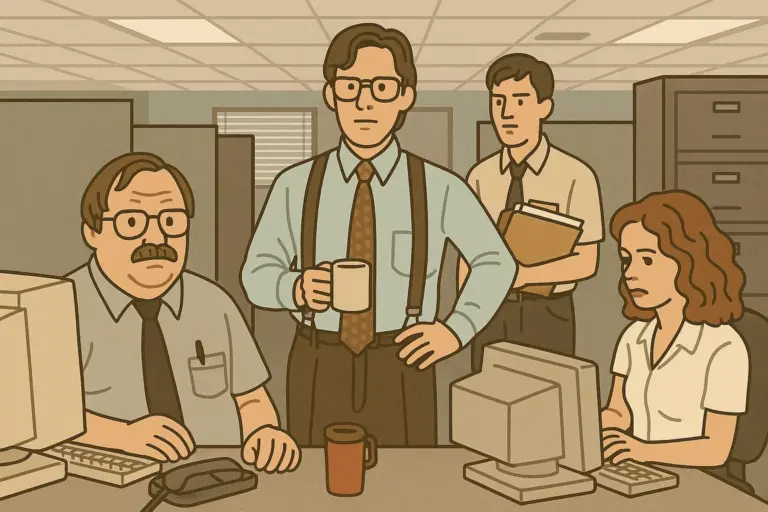Sometimes the greatest insights come from the smallest voices I walked into the kitchen where my son was eating his breakfast the other morning and said, "Hi Tiger Tank" to him. I call him random things like my "little Pumpkin Spice Latte," "Pumpkin Pie," "Buddy," and of course "Tyler." When I called him Tiger Tank, he asked me what a Tiger Tank is. I didn't know myself since I just made it up on the...
Category: My Blog Posts
Career Advice
Our internal blog recently asked employees for the best career advice they would offer to others. Below is my response which I wanted to share. My hope is you will in turn offer your best advice. Set a plan for what you are looking to do with your career. Many people don’t have a plan for where they are looking to go, and their career path often demonstrates that. Have short, medium, and long term...
Thank You, Honda!

We don't know each other, but I love my car. My 2006 Civic has been great to me, and I suppose I've been pretty good to it too. I've changed the breaks, oil, transmission fluid, steering fluid, a couple of sets of tires, and that is about it. Our car has given me 100,000 glorious miles together. On our way down to San Diego last week, we hit the milestone. I've had a few cars...
What Office Space Can Teach Us About Gamification
When was the last time you had fun at work? For many of us it has been a while and fun at work is usually something you do during lunch or around a watercooler. Employees may view work as dull, boring, unimaginative, and very often we see employees who are completely disengaged. Do a search for "employee engagement facts" and see what results you find. If you think employees are actively engaged, you may be...
2012 Resolutions
My 2012 Resolutions A Year for Growth and Balance About this time each year like everyone else I start getting goal oriented and love to reflect on where I am in life. I like to think about where I've been, and where I hope to go. We should also revisit my 2011 resolutions to see how I did. And drum roll please... My 2012 resolutions are... Keep on keeping on...and...remember this is going to happen...
Energy Factor Bracelet

I noticed my brother-in-law Mike was wearing an "Energy Factor" bracelet at dinner tonight. I was very skeptical but after trying out some tests I think there may be something to it (plausible). Uncle Mike brought some Cheez-It crackers as you can see in the background so we have our first sponsor! Check out "Ionized Bracelets" here on Wikipedia.



